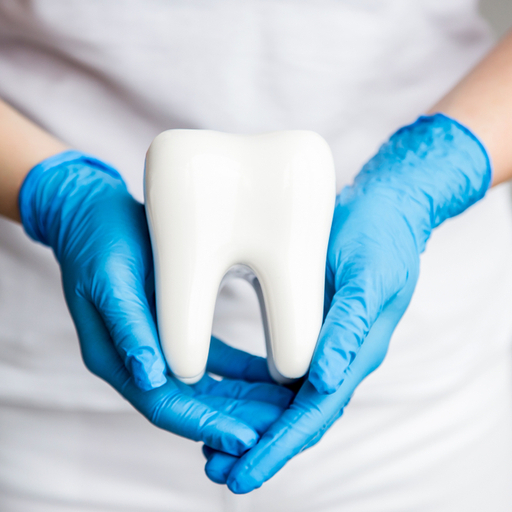Often it’s said, “Your mouth is the entry point of many bacteria!” As such, a healthy mouth and a healthy body have a synergistic relationship.
Maintaining good oral health has indeed many rewards: A sparkling smile, fresh breath, and healthy gums. In addition to these visible oral benefits, good oral hygiene and oral health can also improve your overall body health, potentially reducing the risk of a number of systemic (whole-body) diseases, including cardiovascular disease (CVD), diabetes, rheumatoid arthritis, and perhaps even preserving your memory in your golden years. The phrase “healthy mouth, healthy you” really is true — and backed by growing scientific evidence.
How does it happen?
There are two mechanisms that have been hypothesized to explain the observed associations. Firstly, chronic inflammation in the oral cavity may increase levels of inflammatory markers in the bloodstream affecting immune response, or adding to the body’s general burden of disease. Secondly, the oral cavity may act as a reservoir for pathogenic bacteria that can enter the bloodstream and affect distant-site or systemic pathologies (systemic endotoxemia or bacteremia).
What conditions can be linked to oral health?
Diabetes: Diabetics are more prone to several oral health conditions, including tooth decay, periodontal (gum) disease, dry mouth, and infection. Periodontal disease is an infection of the tissues that support your teeth and is caused by plaque-forming bacteria in your mouth. In diabetics, it is often linked to how well a person’s diabetes is under control. Diabetic patients often suffer from dry mouth, which greatly increases their risk of developing periodontal disease.
Cardiovascular disease: Research suggests that people with periodontal disease are nearly three times as likely to suffer from heart disease. Oral bacteria can affect the heart when it enters the bloodstream, attaching to fatty plaques in the heart’s blood vessels and contributing to the formation of clots.
Respiratory infections: Bacteria in the mouth from infected teeth and swollen gums can be breathed into the lungs or travel there through the bloodstream. Once there the bacteria can lead to respiratory infections, pneumonia, acute bronchitis, and even COPD.
Pregnancy complications: Due to the increase in hormone levels, particularly estrogen and progesterone, pregnant women are at greater risk to develop inflamed gums, which if left untreated can lead to periodontal disease. This can further lead to pre-term labor and low-birth-weight babies.
Rheumatoid Arthritis: The oral bacteria from gingivitis can increase inflammation throughout the body, leading to painful and debilitating diseases of the joints. According to the National Rheumatoid Arthritis Society, people with gum disease were four times more likely to have Rheumatoid Arthritis.
Alzheimer’s disease: Studies show that exposure to periodontal bacteria can initiate neuroinflammation, neurodegeneration, and senile plaque formation that are found in Alzheimer’s patients.
Fungal infections: Recent studies show that Mucormycosis, a fungal infection that affects the maxillofacial region especially in patients with uncontrolled diabetes and those on immunosuppressant therapy is now being seen in COVID-19 patients discharged from the hospitals. The infection has some early oral manifestations like discoloration of oral tissue (palate, tongue, and gums) which shouldn’t be ignored.

What you can do?
A few of my recommendations to keep your teeth, gums, and body healthy:
- Brush your teeth twice a day with fluoride toothpaste.
- Replace your toothbrush every three months or sooner if bristles are splayed or worn.
- Floss daily to help remove plaque, the sticky film of bacteria that get stuck between your teeth and under your gums.
- Use mouthwash to remove food particles left after brushing and flossing.
- Eat a well-balanced diet, which will help you maintain a healthier immune system, help prevent heart disease, and slow diabetes disease progression.
- Limit food with added sugars
- Avoid tobacco use. If you smoke, talk to your dentist about options for quitting.
- Schedule regular dental check-ups and cleanings. Provide your dentist with a complete health history, including any illnesses and medication use
A clean mouth will lead to a clean body. Take care of your teeth and they will take care of you! For more tips on leading a healthier lifestyle, visit the Fitness and Mindfulness sections of the Activ Living Blog.





 1800-270-7000
1800-270-7000









